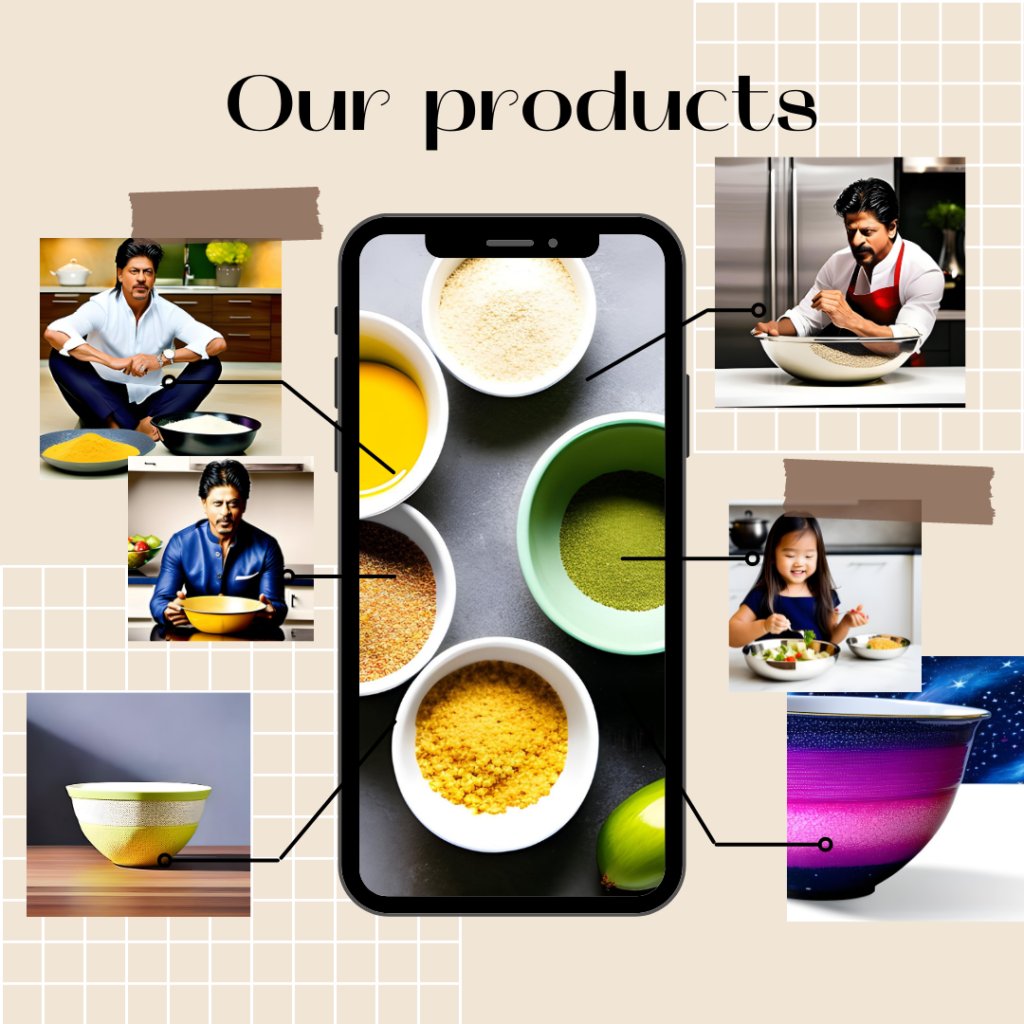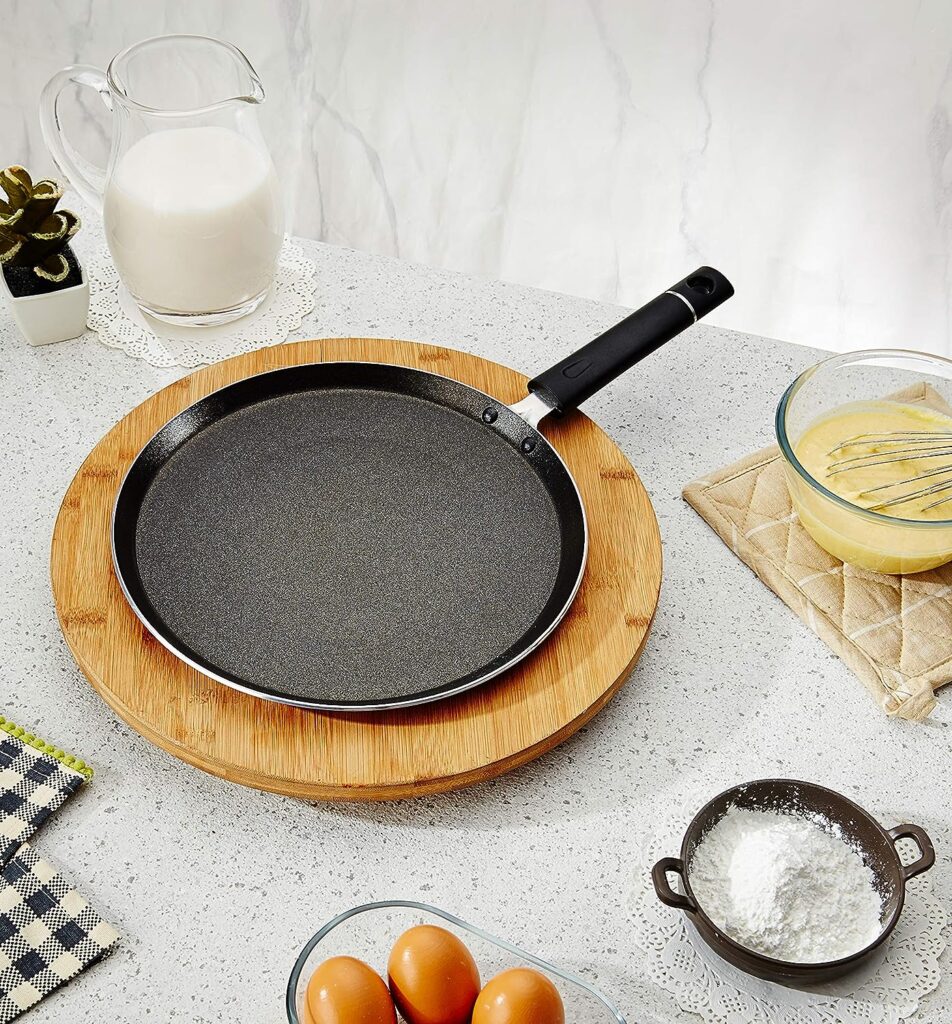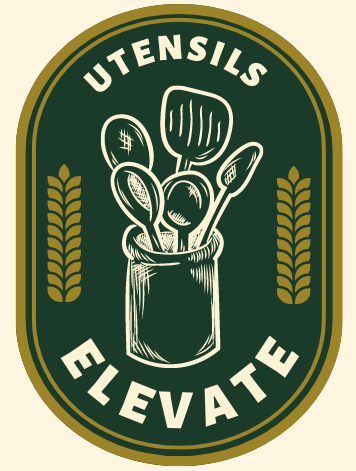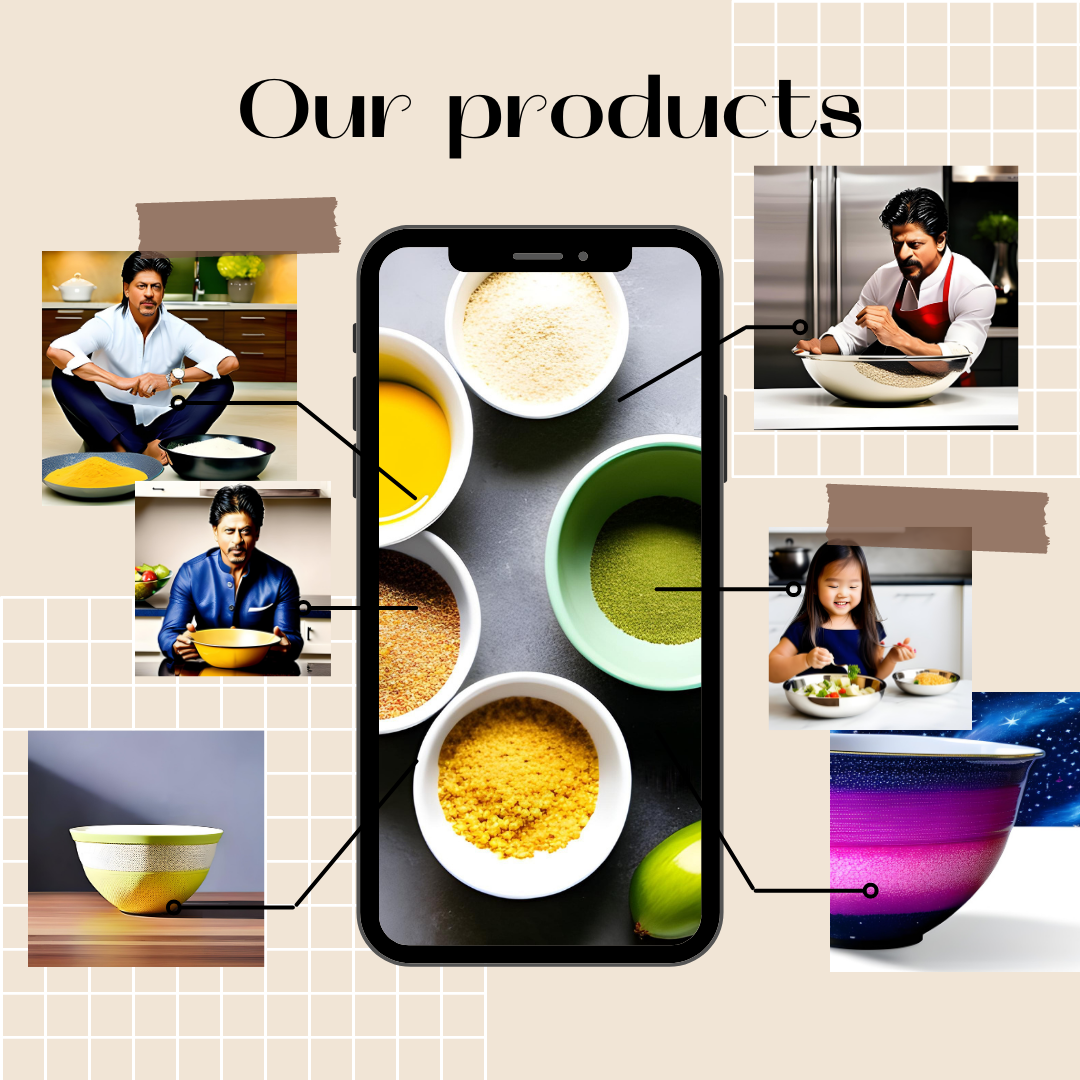Kitchen utensils are essential for any cook, whether you’re a beginner or an experienced chef. They come in a variety of shapes and sizes, each designed for a specific purpose. here you will find Essential Kitchen Utensils with their uses and benefits.
In this article, we will discuss the different types of kitchen utensils and their importance in cooking. We will also provide tips for choosing the right Essential Kitchen Utensils for your needs.
I hope you enjoy reading this article!
Table of Contents
Here are points that we will cover in this article:
- kitchen utensils
- cooking
- essential tools
- different types
- specific purpose
- tips for choosing
- needs
Whether you’re a beginner or an experienced cook, having the right kitchen utensils is essential for making delicious meals. Here are some of the most essential kitchen utensils that every cook needs:
Pressure Cooker: The Most Essential Kitchen Utensils of your home
• A pressure cooker is a kitchen appliance that cooks food under high pressure. This allows food to cook faster and more evenly than traditional cooking methods.
• Pressure cookers are a great way to cook tough cuts of meat, beans, and lentils. They can also be used to make soups, stews, and other dishes.
• Some of the benefits of using a pressure cooker include:
- Cooks food faster
- More evenly cooked food
- Tenderizes tough cuts of meat
- Preserves nutrients
- Saves energy
Mixing Bowls

- Mixing bowls are a versatile kitchen tool that can be used for a variety of tasks, such as mixing ingredients, kneading dough, and marinating meat.
- When choosing mixing bowls, you should consider the size, material, and features of the bowl.
- The size of the mixing bowl will depend on the amount of food you are mixing.
- The material of the mixing bowl will affect its durability, ease of cleaning, and heat retention.
- The features of the mixing bowl, such as lids and pouring spouts, can be helpful for storing food or preventing spills.
Chopping Board
- A chopping board is a flat surface used for chopping, slicing, and dicing food.
- •When choosing a chopping board, you should consider the material, size, and thickness of the board.
- The material of the chopping board will affect its durability, ease of cleaning, and resistance to bacteria.
- The size of the chopping board will depend on the amount of food you will be chopping.
- The thickness of the chopping board will affect how stable it is.
Frying Pan
- A frying pan is a versatile kitchen tool that can be used for frying, sauteing, and searing food.
- When choosing a frying pan, you should consider the size, material, and coating of the pan.
- The size of the frying pan will depend on the amount of food you will be cooking.
- The material of the frying pan will affect its durability, heat retention, and non-stick properties.
- The coating of the frying pan can help prevent food from sticking to the pan.
Tava (Flat Pan)

- A tava is a flat pan that is typically made from cast iron. It is used for cooking a variety of dishes, including roti, paratha, and dosa.
- When choosing a tava, you should consider the size, material, and coating of the pan.
- The size of the tava will depend on the amount of food you will be cooking.
- The material of the tava will affect its durability, heat retention, and non-stick properties.
- The coating of the tava can help prevent food from sticking to the pan.
Kadai (Wok)
- A kadai (wok) is a versatile kitchen tool that is typically made from carbon steel or cast iron. It has a round bottom and sloping sides, which makes it ideal for stir-frying, deep-frying, and braising.
- Kadais are a popular choice for Asian cuisine, but they can also be used to cook a variety of other dishes.
- When choosing a kadai, you should consider the size, material, and coating of the pan.
- The size of the kadai will depend on the amount of food you will be cooking.
- The material of the kadai will affect its durability, heat retention, and non-stick properties.
- The coating of the kadai can help prevent food from sticking to the pan.
Saucepan
- A saucepan is a type of pot with a long handle and a lid. It is typically used for cooking sauces, soups, and stews.
- Saucepans come in a variety of sizes and materials, so you can choose the right one for the job.
- When choosing a saucepan, you should consider the size, material, and heat conductivity of the pot.
- The size of the saucepan will depend on the amount of food you will be cooking.
- The material of the saucepan will affect its durability and heat retention.
- The heat conductivity of the saucepan will affect how quickly the food cooks.
Tongs
- Tongs are a kitchen utensil used for picking up and handling food. They are typically made from metal or plastic.
- Tongs are a versatile tool that can be used for a variety of tasks, such as grilling, stir-frying, and plating food.
- When choosing tongs, you should consider the length, material, and grip of the tongs.
- The length of the tongs will depend on the size of the food you will be handling.
- The material of the tongs will affect their durability and heat resistance.
- The grip of the tongs should be comfortable and secure.
Spatula
- A spatula is a kitchen utensil used for flipping, stirring, and scraping food. They are typically made from metal or plastic.
- Spatulas are a versatile tool that can be used for a variety of tasks, such as cooking eggs, frying pancakes, and making sauces.
- When choosing a spatula, you should consider the size, material, and flexibility of the spatula.
- The size of the spatula will depend on the size of the food you will be cooking.
- The material of the spatula will affect its durability and heat resistance.
- The flexibility of the spatula will affect how easily it can be used to flip and stir food.
Cooking Spoons
- Cooking spoons are a kitchen utensil used for stirring, scooping, and measuring ingredients. They are typically made from metal or wood.
- Cooking spoons are a versatile tool that can be used for a variety of tasks, such as cooking sauces, soups, and stews.
- When choosing a cooking spoon, you should consider the size, material, and handle of the spoon.
- The size of the spoon will depend on the amount of food you will be cooking.
- The material of the spoon will affect its durability and heat resistance.
- The handle of the spoon should be comfortable to hold and should not get hot.
Conclusion
The utensils mentioned above are just a few of the many essential kitchen utensils that you may need. The specific utensils you need will depend on your cooking style and the dishes you like to make. However, having these essential utensils on hand will help you cook delicious meals with ease.
When choosing kitchen utensils, it is important to consider the following factors:
- Durability: The utensils should be made from durable materials that can withstand the rigors of everyday use.
- Ease of cleaning: The utensils should be easy to clean, both by hand and in the dishwasher.
- Comfort: The utensils should be comfortable to use, with handles that are not too bulky or too slippery.
- Price: The utensils should be affordable, without sacrificing quality.
It is also a good idea to invest in a few high-quality utensils, such as a good chef’s knife and a set of measuring spoons. These utensils will last for years and make cooking easier and more enjoyable.
With the right kitchen utensils, you can be well on your way to becoming a master chef. So don’t wait any longer, start stocking your kitchen with the essential utensils today!
Here are some additional tips for choosing kitchen utensils:
- Read reviews: Read online reviews before you buy any kitchen utensils. This will help you get an idea of the quality and durability of the utensils.
- Shop around: Compare prices from different retailers before you make a purchase. You may be able to find the same utensils for a lower price.
- Buy in sets: Buying utensils in sets can save you money and make it easier to store them.
- Take care of your utensils: Wash your utensils after each use and dry them thoroughly. This will help them last longer your essential cooking tools.
What are the essential kitchen utensils for beginners?
Essential kitchen utensils for beginners include items like a cutting board, knife set, saucepan, frying pan, mixing bowls, and cooking spoons.
How do I choose the right material for cooking utensils?
Consider choosing stainless steel utensils for durability, non-stick cookware for easy cleaning, and wooden utensils for gentle cooking on non-stick surfaces.
What is the best way to clean and maintain kitchen utensils?
Most kitchen utensils are dishwasher-safe, but hand washing with mild soap is recommended to extend their lifespan. Wooden utensils should be hand washed and dried promptly to prevent warping.
Which utensils are safe to use with non-stick cookware?
Utensils made of silicone, wood, or nylon are safe to use with non-stick cookware as they won’t scratch or damage the non-stick coating.
What are the benefits of using stainless steel cookware and utensils?
Stainless steel utensils and cookware are durable, non-reactive with food, and easy to clean. They also resist staining, rusting, and corrosion.
How do I prevent my utensils from rusting?
Stainless steel utensils are less likely to rust. To prevent rust on other metal utensils, ensure they are thoroughly dried after washing and stored in a dry place.
What are the advantages of using wooden utensils in cooking?
Wooden utensils are gentle on cookware surfaces, preventing scratches. They also don’t conduct heat, making them safe for non-stick pans, and they don’t react with acidic ingredients.
Are there eco-friendly alternatives to plastic utensils?
Yes, eco-friendly alternatives include utensils made from bamboo, stainless steel, or silicone, which are reusable and have a lower environmental impact.
How can I maintain the sharpness of my kitchen knives?
Regularly hone your kitchen knives using a honing rod to maintain their sharpness. Use a proper cutting board to prevent dulling the edges, and get them professionally sharpened when needed.
Can I use metal utensils with cast iron cookware?
While cast iron is sturdy, using metal utensils can damage its seasoning and create scratches. It’s better to use wooden or silicone utensils to preserve the seasoning layer.

